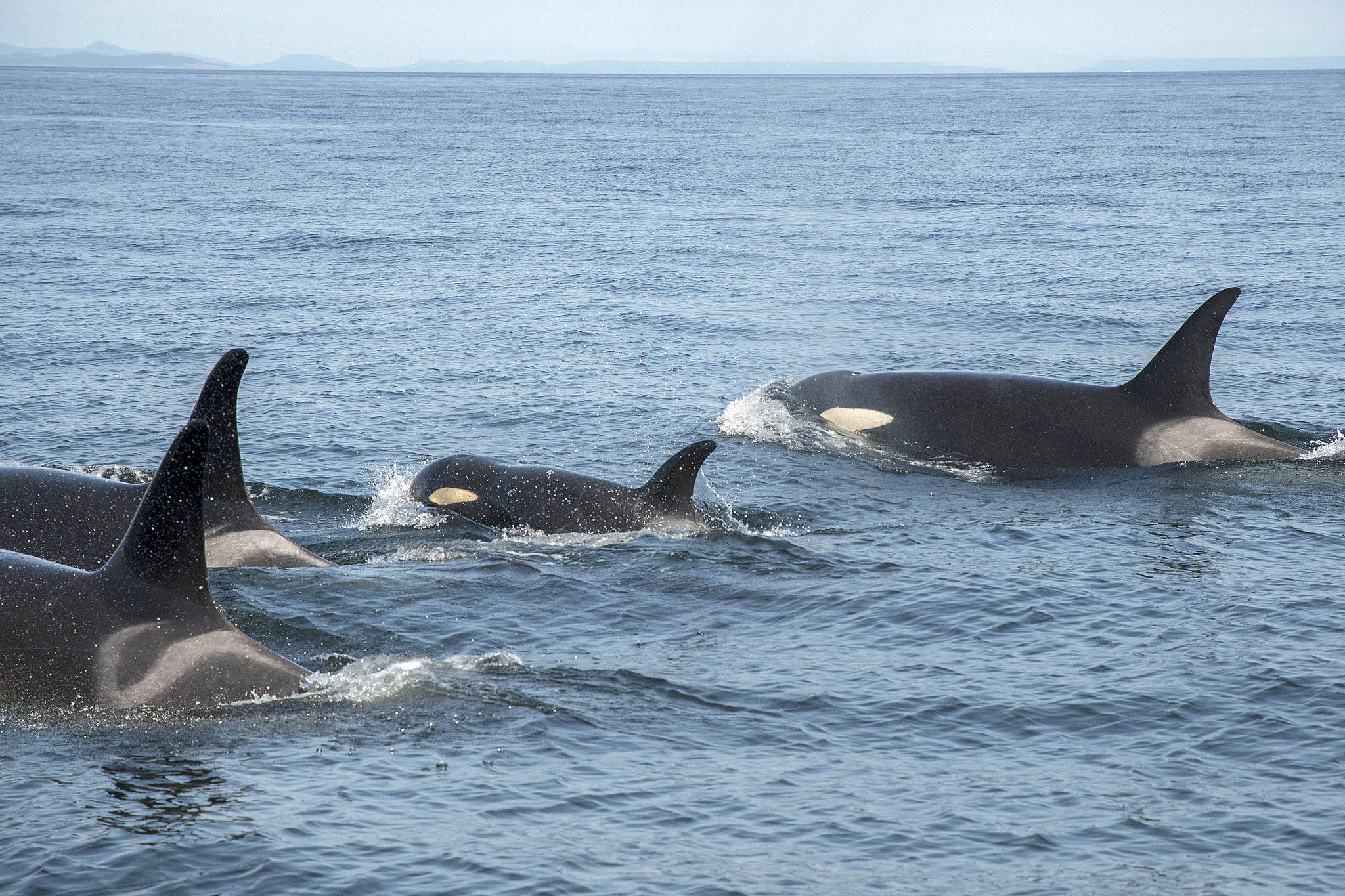The federal government has declined to issue an emergency order under the Species at Risk Act that would further protect the endangered killer whales off British Columbia’s coast.
An order-in-council issued Thursday said the government has already taken several measures to ensure the recovery of the southern resident killer whales.
Fisheries Minister Jonathan Wilkinson said in a statement Friday that the government “carefully weighed various options” to protect the whales, and it does not believe an emergency order would be helpful.
“An emergency order does not contain measures in of itself, it is only a tool governments can use as an implementation mechanism,” he said.
Wilkinson said the government announced new measures on Wednesday to ensure that when the whales return to the waters in greater numbers in spring, they have cleaner water to swim in, more Chinook salmon to eat and a quieter place to call home.
READ MORE: Conservation groups sue Ottawa to protect endangered killer whales
READ MORE: Canadian laws could prevent emaciated killer whale from being treated
The government also plans to work with the U.S. to align shipping regulations, he said.
However, Misty MacDuffee, a conservation biologist at the Raincoast Conservation Foundation in B.C., said the emergency order would have allowed the government to do certain things it currently doesn’t have legislation or powers to do.
Five conservation groups, represented by the environmental law group Ecojustice, had teamed up to launch legal action aimed at protecting the endangered whales in September.
In a statement, the groups said they are “deeply disappointed” by cabinet’s rejection of what they believe is the best tool to help the recovery of the whales.
The designation would have allowed the government to cut through red tape and bring in wide-ranging protections for species at risk, it said.
With only 74 animals remaining, southern resident killer whales are in crisis, they said.
The Canadian Press



